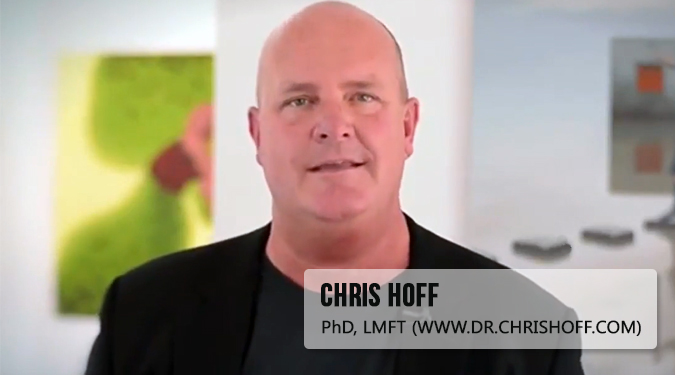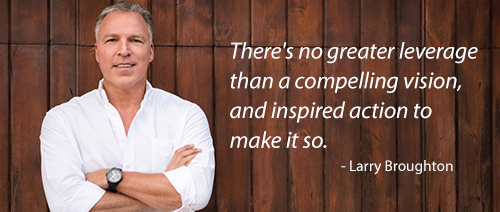How to Avoid the Tyranny of Perfection
I’m pleased to introduce you to my friend Dr. Chris Hoff, who possesses the rare combination of experience of award-winning corporate executive and entrepreneur, and therapist. His expertise and training in organizational development, systems consulting, and psychology offers a powerful perspective to this vital topic. Enjoy!

I’ve grown up, started multiple businesses, and have made my home in Southern California. Orange County to be exact.
Southern California is a center of high achievement, entrepreneurial success, and all the trappings that come with material success. It could be considered Ground Zero for how success should look.
Related: Steve Wright: Get Started Now, Be Consistent, and Get Results!
So it should come as no surprise that a piece of my counseling/coaching practice includes working with clients who are struggling with the problem of perfection and the bad effects that perfection brings into their lives.
Perfection: All or Nothing?
It is my experience that people struggling with perfection are often left with two alternatives, all or nothing. The all in the “all or nothing” often appears as what gets labeled as your “Type A” person. We are all familiar with sort of description of people that are under the influence of perfection.
But surprisingly I have come to realize that perfection shows up more in those people that often get labeled as “slackers.” In these particular cases perfection often shuts any movement down because of it’s heavy burden.
It is also my experience that these two options offered by perfection, either leave people exhausted or experiencing stuck-ness and suspended creativity. In other words, perfection has the ability to remove the joy from life, regardless of the amount of success a person achieves.
Downside of Aiming for Perfection
According to Stephen Madigan Ph.D., perfection masks itself in the world of attitudes of excellence and high achievement. Madigan believes that although perfection is unattainable, we are bombarded with messages regularly via various cultural institutions that tell us we are not measuring up, and that we should continue to pursue perfection with even more energy, leaving people who struggle with perfection with the experience of “not good enough.”
As an entrepreneur myself who has experienced high achievement and material success, I appreciate people giving their best, the experience of success, and lessons that come with these endeavors.
But when perfection shows up and begins to diminish our accomplishments and tells us we need to do more, it is time to take action to get free from perfection’s influence.
How To Know If Perfection Is Hurting You
Madigan offers several considerations, in the form of questions, that might help someone struggling with perfection to begin to see its effects, how it works, and then to get a bit of distance from its influence.
Some of these questions to make perfection more visible include:
- In what ways does perfection work to blind you to your achievements as a person, parent, employee, and partner?
- In what ways has perfection given you a less-than-worthy idea of yourself?
- In what ways have you been trained and pressured into ideas of perfection even though perfection is not possible?
- Are the pressures of perfection any difference between men and women?
I believe these questions open up space so that a thorough investigation of perfection’s tactics in people’s lives can begin. And then, with some work, people can begin to renegotiate how they would like to be in a relationship with perfection.
Listen, I think I would be a bit disingenuous if I didn’t admit that perfection has provided some support in my life. It did get me through a doctoral program. It’s just when perfection dominates all domains of living, like relationships, for example, it can become quite problematic.
Excelling in business, sports, or working passionately in our respective communities and circles of influence are wonderful things. But if the joy of participating in these activities is being drained away by the influence of perfection, it might be time to take a closer look at how perfection is strengthened in our lives, and then how it might begin to be dissolved.
About Chris Hoff


















